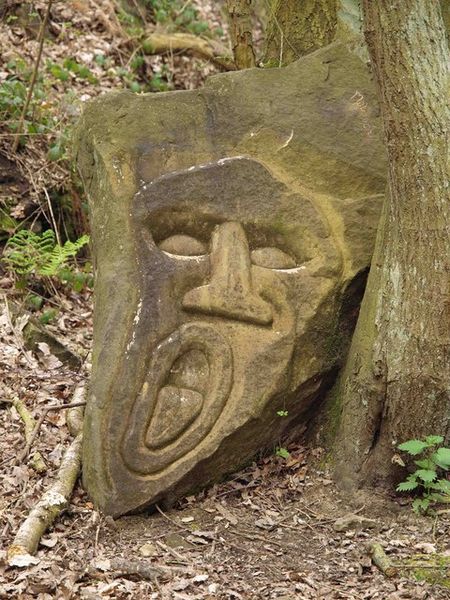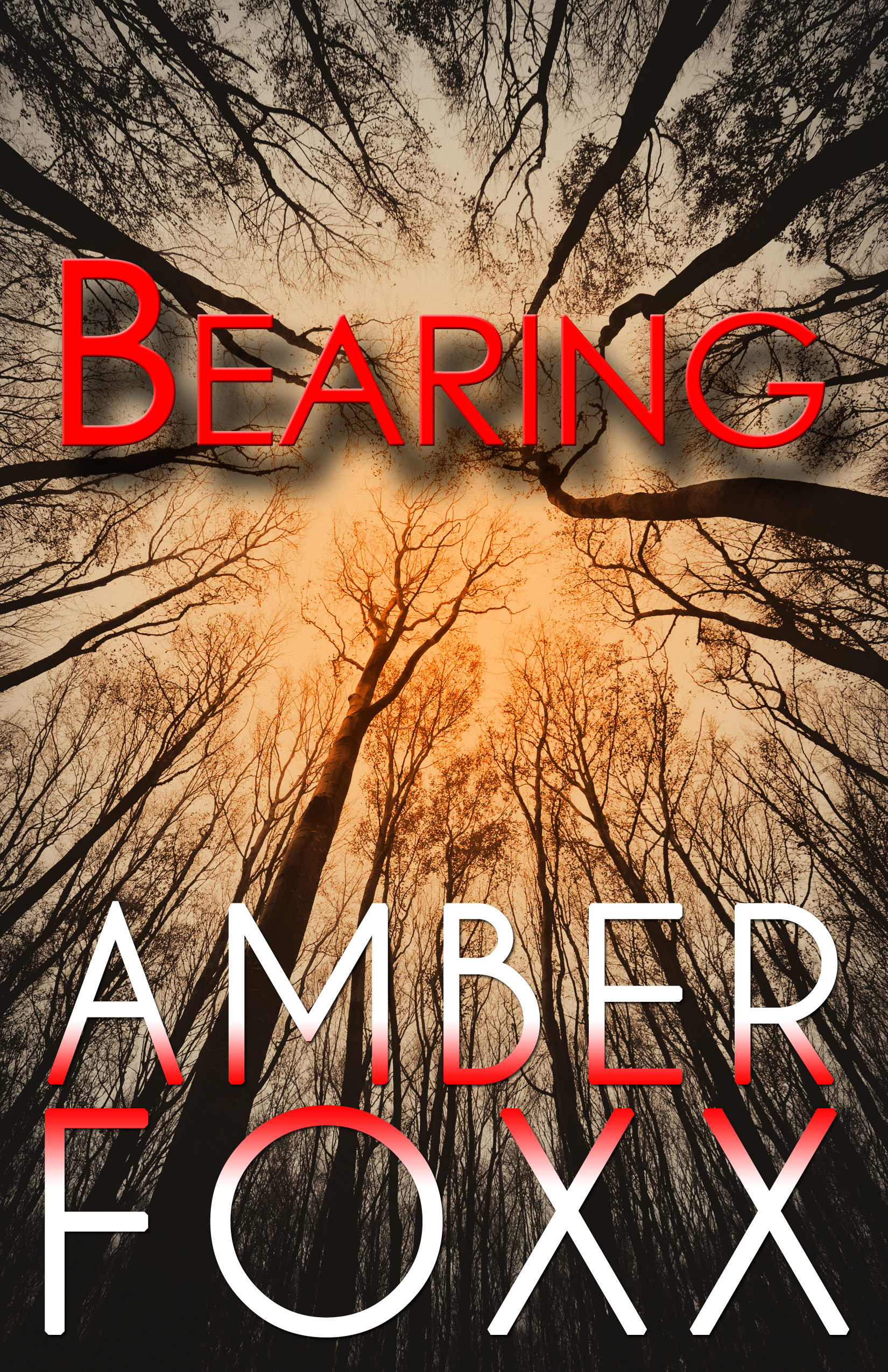Last year, in 2020, Level Best Books announced that it would no longer publish its annual anthology of stories about New England, and would instead focus on its mystery novel line. Everyone who had ever been involved with the anthology was disappointed. The annual Best New England Crime Stories anthology was a much-loved collection, but it had changed over the years. One aspect that remained constant, however, was publication of the winner of the Al Blanchard Award.
The crime fiction world offers lots of anthologies for readers, so the end of one was sad, but the loss of the publication of the Al Award winner seemed a huge loss. Leslie Wheeler, who has been chairing the award committee for years, was especially concerned, and trying to figure out what to do about that drove early discussions among several of us until all of a sudden three of us had signed on to continue the anthology—Ang Pompano, Leslie Wheeler, and myself.
Best New England Crime Stories will be published by our new press, Crime Spell Books, and will include only short fiction by New England authors.
A little history is in order here. In 1993 Kate Flora, Skye Alexander, and I founded Level Best Books to publish an anthology of crime fiction by New England authors. When Skye moved to Texas, Ruth McCarty took her place. Eventually we passed the LBB on to another group, Mark Ammons, Kat Fast, Barbara Ross, and Leslie Wheeler. After several years they passed LBB on to a group around DC, associated with Malice Domestic. They changed the requirements to stories set in New England by writers living anywhere, not only in the six New England states.
Crime Spell Books intends to return to the original parameters—stories by writers living primarily in New England (we admit that some of our favorite writers escape New England winters by moving south; we’re jealous but forgive them the error of their ways). Regional anthologies occupy an important place in the world of fiction—opening up one region to readers in another. A good anthology presents a sufficiently varied group of stories to take the reader deep into the territory but also an assemblage of characters closely related enough to give the reader the feel of a novel, an immersion in a way of thinking and living.
We know that many writers who appeared in earlier volumes will be disappointed—unless, of course, they move here. But we are excited to focus on New England authors. Over the years LBB published many first stories by writers now well established and well known. We want to continue that tradition of giving new writers a strong start while also supporting other writers well known and not so well known. Look for our first anthology, Bloodroot, coming in November 2021.





You must be logged in to post a comment.